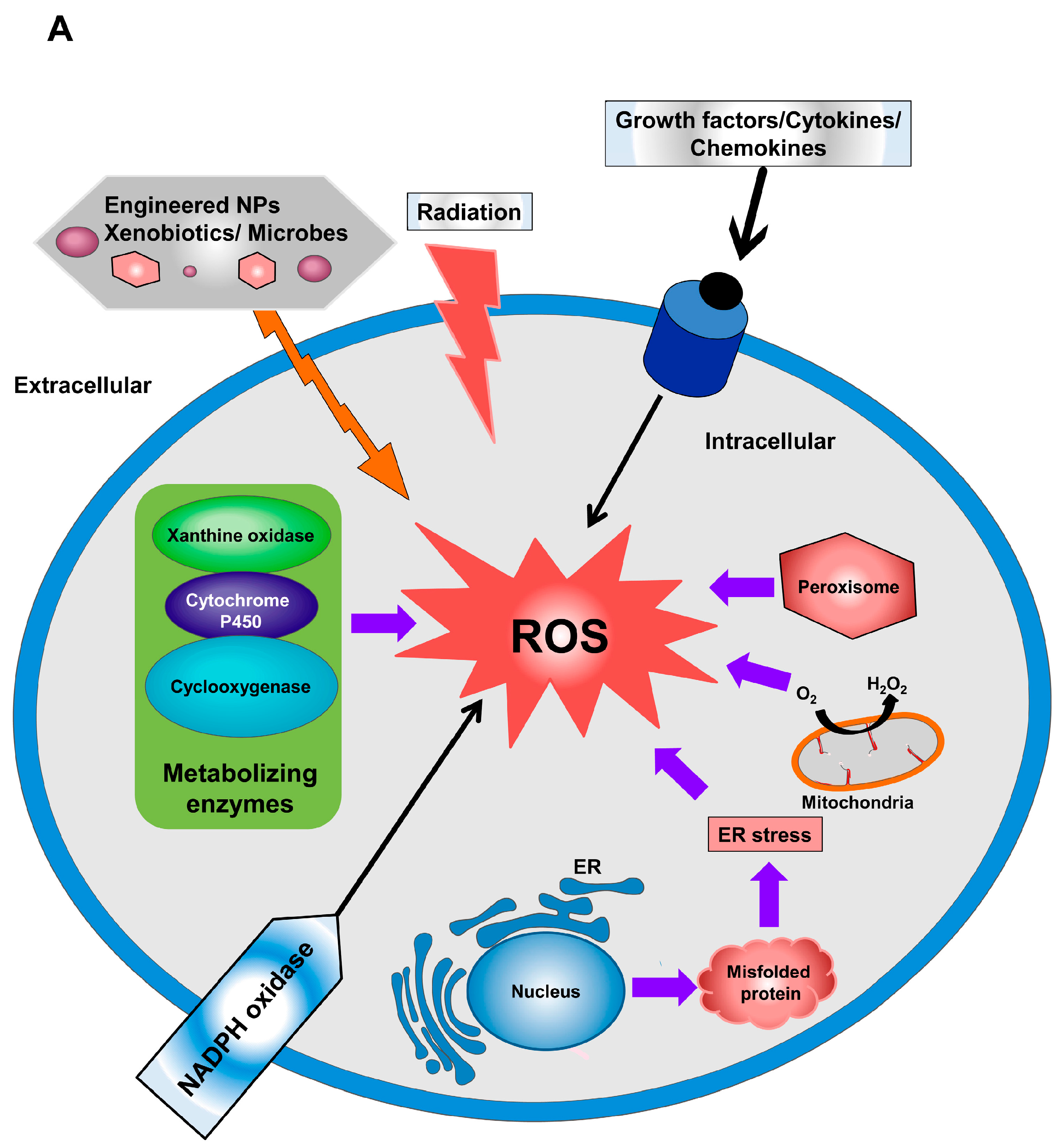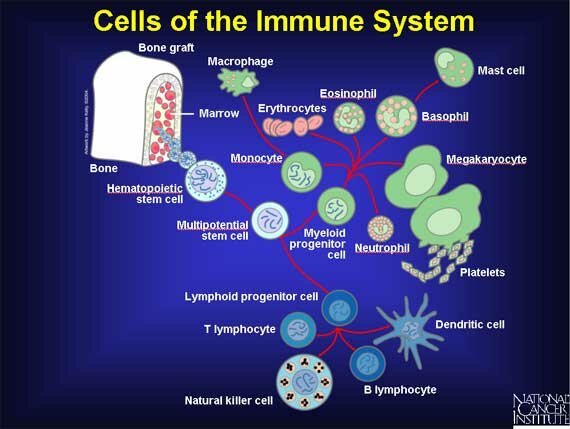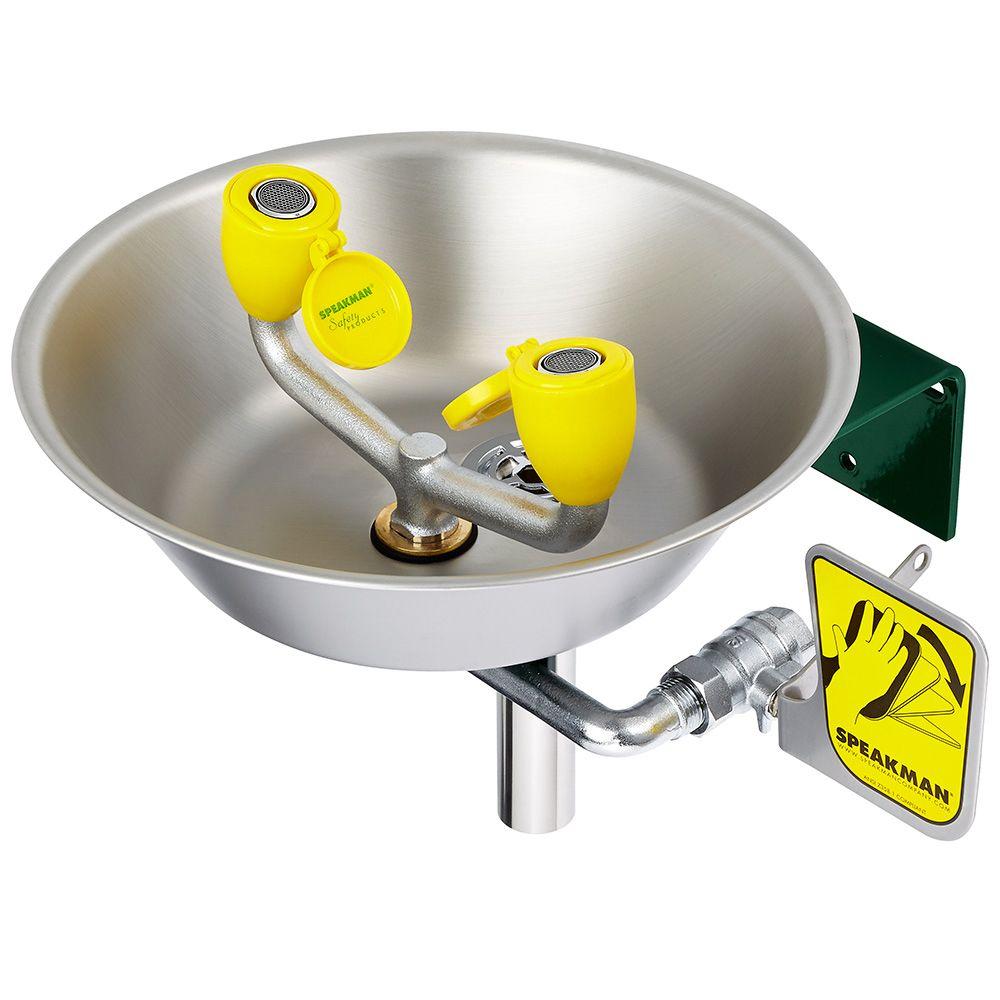Introduction: What is Jet Fuel?

https://www.shell.com/business-customers/aviation/aviation-fuel/civil-jet-fuel-grades.html
Jet fuels are a type of propellant that move objects or give thrust and fuel vehicles (Jet Fuels CDC). It consists of aromatic hydrocarbons in kerosene like mixtures. There are subtypes of jet fuel; Jet A is used for commercial purpose whereas JP 8 and JP 8+100 are used in the military (Casarett & Doull).
Toxicokinetics
All three subtypes mentioned have similar toxicity profiles. Main portal of entry include the GI tract, lungs, and skin. Damage to the skin may increase with prolonged exposure. Studies in animals show adverse effects on the liver, decreased immune response, impaired neurological function, issues hearing, and dermatitis.
Source: Jet Fuel CDC
Toxicity studies in rodents indicate that the liver, kidneys, and testes are not sensitive targets of jet fuels in humans (Casarett & Doull).
Carcinogenecity
There is no evidence of jet fuels causing cancer in humans. It is classified as a Group 3 carcinogen by the IARC.
Source: Jet Fuel CDC
Mechanisms of Action

https://www.mdpi.com/1422-0067/18/1/120
- There have been preclinical studies to determine the mechanism of action in different parts of the body.
- In the pulmonary system, JP-8 can decrease the concentration of tachykinin substance P (SP), leading to an increase in pulmonary resistance and alveolar permeability.
- Several biological changes, such as an increase in reactive oxygen species, may result in apoptosis of lung cells.
- Release of proinflammatory cytokines may cause sustained immune function

https://www.lymphomation.org/about-immune-suppression.htm
- Immune system
- Jet fuel can cause cell subpopulations, including B cells, T cells, and macrophages, to decrease
- Dermal application may suppress delayed hypersensitivity reactions
- Dermal Effects
- Jet fuels cause DNA damage, cytokine release, and ROS production which can lead to irritation
- Cell death is due to necrosis
Source: Casarett & Doull
Target Organs
Jet fuel can distribute throughout the body. Chemical components have been found in brain, lungs, liver, fat, and blood.
Source: Jet Fuel CDC
Signs and Symptoms of Toxicity
In humans, there can be acute and chronic signs

https://www.organicfacts.net/home-remedies/headaches.html
- Acute:
- headache
- nausea
- CNS depression

https://www.namikenosha.org/anxiety-disorder.html
- Chronic
- fatigue
- anxiety
- dyspnea/tachypnea
Source: Jet Fuel Toxicity
Genetic Susceptibility
N/A
Treatment

https://www.homedepot.com/p/Speakman-Traditional-Series-Wall-Mounted-Eyewash-Station-in-Stainless-Steel-SE-582/206890187
- Acute: no specific treatment. Remove persons from contaminated environment, wash exposed skin with soap and shampoo.
- Eyes exposed: wash with saline/water
- Chronic:
- no specific treatment
Source: Jet Fuel Toxicity
Biomarkers
- Direct Biological Indicators
- No direct method for determining exposure
- Indirect:
- chest or x ray exam to assess oxygenation can be useful in those with respiratory tract irritation
- bilirubin or alakaline phosphatase assessment in cases of CNS depression
Source: Jet Fuel Toxicity
Rapid recovery from pandemic after successful vaccination drive increased Jet kerosene price consumption across North America during this quarter. Post this rise, an effective rebound in prices of Jet kerosene price was also observed in USA, where prices consistently traced upward trajectory, as the US government steadily lifted international travel ban. In addition, rising crude values also exacerbated this price hike, where USA faced difficulties due to sudden hike in demand amid rising upstream cost. Primarily, increase in consumption from domestic aviation sector increased the prices of Jet Kerosene from USD 545/MT to USD 607/MT during April-June timeframe.
https://www.chemanalyst.com/Pricing-data/jet-kerosene-23